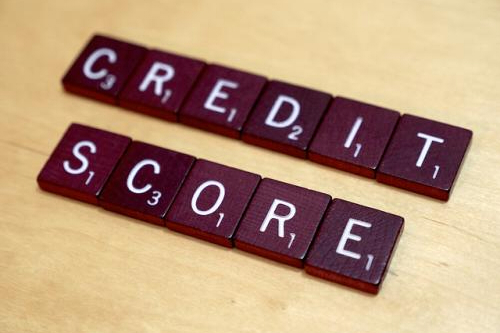How Job Loss Can Affect Your Credit Score
Latoya Irby
Job loss is one of the most traumatic life events, right up there with divorce, jail term, and death of a spouse. Unemployment can be even more stressful if you’re the head of household or primary breadwinner, perhaps worse if you’re a single parent or sole income provider. Losing your job will impact much of your life, but it won’t directly affect your credit score.
What Does Affect Your Credit Score
There are five key factors that affect your credit score: payment history, level of debt, the age of credit history, types of credit accounts, and inquiries to your credit report. Your employment status and salary are not factors that directly impact your credit score. In fact, your creditors and the credit bureaus may not even find out you’ve lost your job unless you tell them.
Your Credit Score Might Be Affected, Indirectly, by Job Loss
That said, your credit score could be indirectly impacted by your job loss, or rather how you handle credit and bill payment during your period of unemployment. These are some credit-impacting events that could happen as a result of you losing your job:

1. You fall behind on your credit card or loan payments: After losing your job, you may not be able to stay current on all your payments, understandably so, since you’ve suffered a dramatic loss of income. However, payments over 30 days late still get reported to the credit bureaus and will impact your credit score. Payment history is 35% of your credit score and the biggest factor influencing your credit. The further behind you get on your bills, the more your credit score will be impacted.
2. You increase your credit card balances or take out new loans to make ends meet: You may have lost your job but you still have bills to pay. If you don’t have enough money in savings or if unemployment benefits aren’t enough to cover all your bills, you may turn to credit cards or loans to make ends meet. Trouble is, rising credit card balances and high debt amounts can hurt your credit score – the level of debt is 30% of your credit score. On top of that, the more debt you have, the higher your monthly payments can be. That will put more strain on your ability to make ends meet.
3. You open up several new accounts to get money to pay your bills: Opening new accounts can hurt your credit score in two ways. First, new accounts will lower your credit age, which is 15% of your credit score. Second, the additional credit report inquiries – 10% of your credit score – will also bring your credit score down.
Medical debt collections, bankruptcy, foreclosure, repossession, tax liens, and student loan default are other credit-damaging events that could occur during your period of unemployment. These hurt your credit much more and are much harder to recover from than a late payment or high credit card balance.
Maintain Your Credit Score for Your Job Search
It’s important to keep your credit score intact, even though you’ve lost your job. Many employers perform credit checks as part of the hiring process. A shaky credit history could cost you a potential job. You’ll face a dilemma that many other Americans deal with: needing a job to pay your bills and improve your credit yet unable to get a job because of a bad credit history.
One in four unemployed persons says a prospective employer has asked requested a credit check in the job application process, according to a survey conducted by Demos. In the same survey, one in ten said they were not hired because of information on their credit report.
Obviously, the longer you’re unemployed, the harder it will be to live off unemployment, savings, or your spouse’s sole income. Do your best to maintain your credit standing so it won’t stand in the way of landing your next job.








